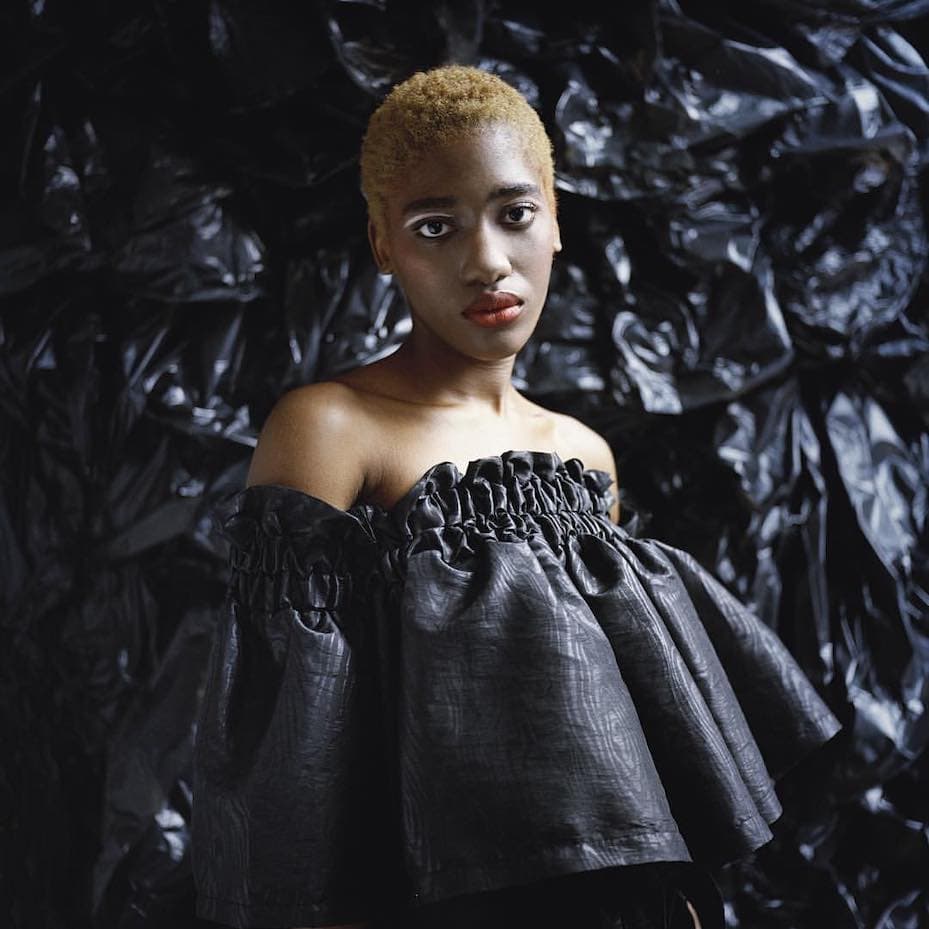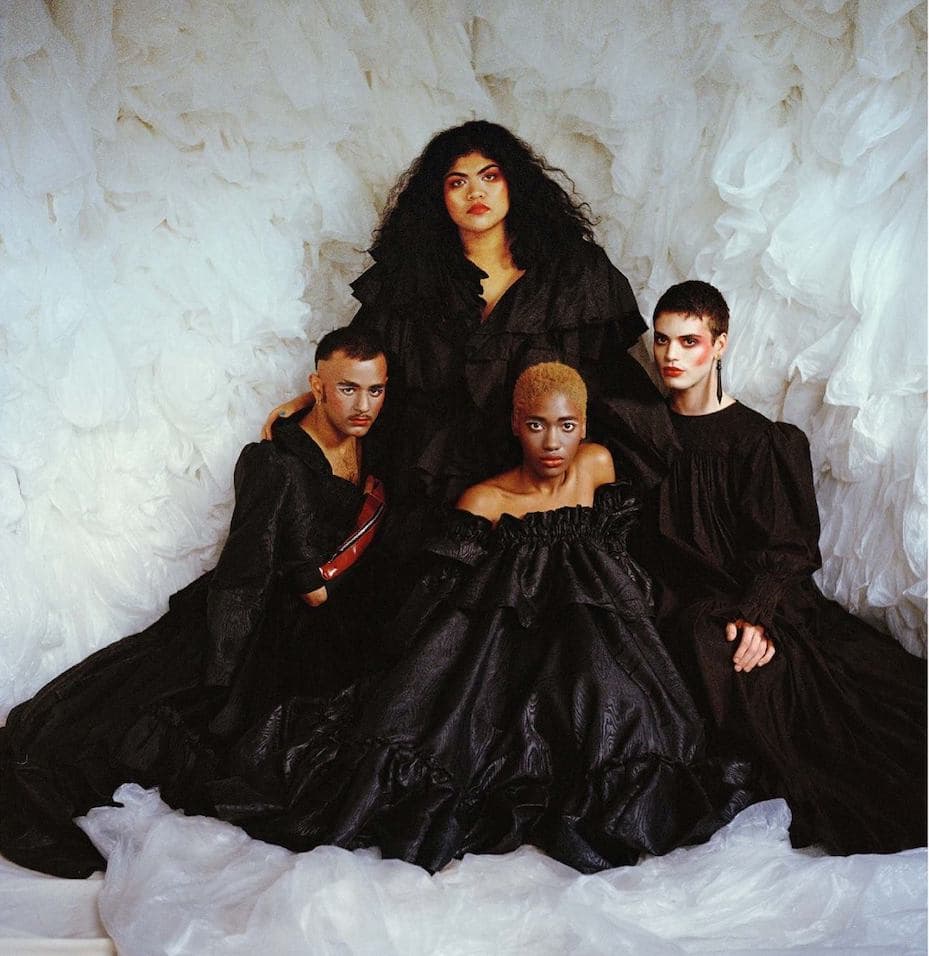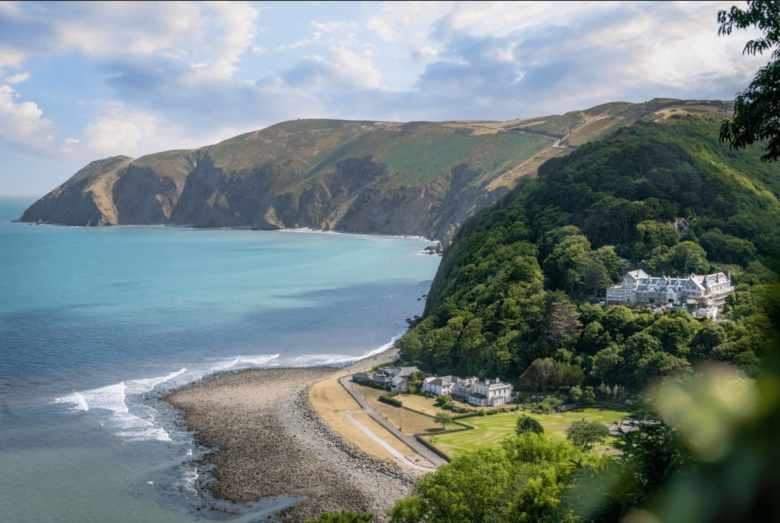Designer William Dill-Russell discusses the impact of Conservative austerity on British fashion
The Westminster graduate is a rising star of the UK’s fashion world, crafting striking designs drawing on LGBT+ history to empower the queer community. Here, they explain how cuts to arts education and a lack of sustainable funding in British fashion have impacted emerging creatives like themselves.
When funding within industries or education is cut, the arts courses are often the ones who face the brunt of it. Even from secondary school, students aren’t receiving the visual arts education that I feel they should. This isn’t due to the teaching, as such, but to the scant resources made available to schools for fine art, textiles and fashion, drama and theatre studies. Money for materials, trips and wages for teachers is just not there.
This under-funding continues through to university and applicants are often not given full details of how much a course will cost them. Tuition fees are disastrous. The lack of information given to potential art students and their parents/carers about how the student finance system works puts people off applying.
The cost of materials, spaces, travel and living needs to be properly outlined to students beforehand. Speaking from experience, you can end up in a downwards spiral; trying to create the work that will get you noticed whilst struggling to make sure you have the funds and time to travel to university, pay the rent and eat.

Scholarships and grants are vital to aid visual arts students. However, to receive these you either need the time to create an incredible body of work or you need to know someone who knows someone. Both are feasible to someone from a more privileged background. However, it’s difficult to create the standard of work necessary if you also have a part-time job. All of this makes visual art careers more and more elitist, which seems incredibly unfair to me. All opportunities should be equal, regardless of your background or family’s income.
It’s not necessarily much better once you graduate. People outside of creative arts careers are very aware of the lower-paid work and unreliable job prospects which many arts graduates face. As a consequence, younger people are driven towards STEM subjects as they promise a more reliable and sustainable career.
For those who did go down the visual arts and design route, starting your own label is exceedingly difficult. Without getting one of the few funding opportunities available, it’s simply not possible if you don’t come from a wealthy background or work tirelessly. The inequalities often result in people simply not being able to work unpaid internships whilst studying and then working for minimum wage upon graduation. Ultimately, this results in a mass exodus from the fashion industry.

Consequently, fashion is a bizarre mix of radical new talent who worked extremely hard to get funding and large fashion brands whose pieces are becoming more and more ‘retailable’ to ensure their label can stay alive.
There needs to be an injection of sustainable funding into the fashion industry to improve and aid the development of new designers and creatives. Only this would ensure that the industry develops along with the rest of the world. There also has to be an understanding amongst the senior level of the industry that unpaid and minimum wage work is just not sustainable, nor is it humane.
The greatest works of art, fashion, music, theatre and literature often come from an area of disadvantage (often glamourised and commodified by higher classes). Not creating opportunities for people from lower income families to access industries is not going to progress or develop the world. Nor will it enable social equality for all.
For further information about William’s work, check out their website.

